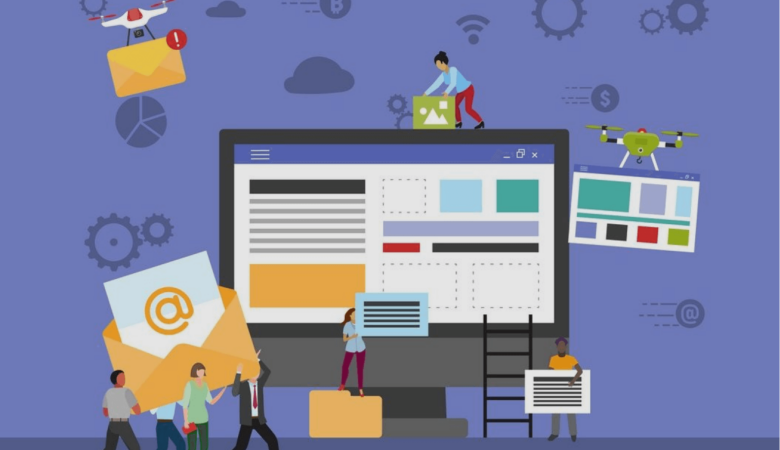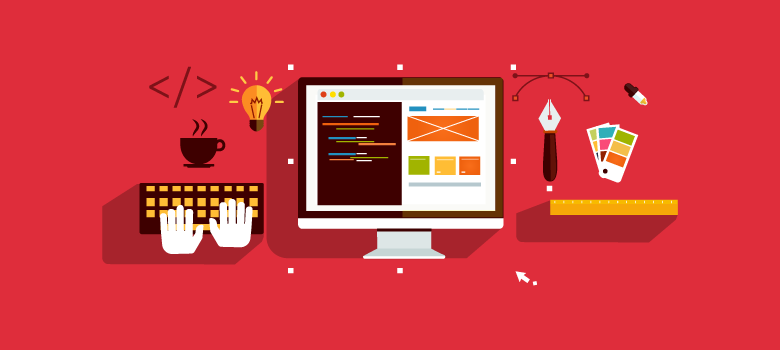 It feels like every day there is a new list of tools to implement, new software to test out, new updates to adapt to. New tools are great, they allow us be faster and potentially accomplish things that couldn’t be done in the past. For designers and developers the amount of information associated with the latest and greatest is so vast, it can fuel a form of anxiety.
It feels like every day there is a new list of tools to implement, new software to test out, new updates to adapt to. New tools are great, they allow us be faster and potentially accomplish things that couldn’t be done in the past. For designers and developers the amount of information associated with the latest and greatest is so vast, it can fuel a form of anxiety.
The amount of information like code, languages (growth of languages on GitHub), tutorial, tools and beyond that there is the additional updates, reviews, opinions and best practices of the tools. There is so much information surrounding the tools and software we use that it causes a fear of the inability to keep up on the latest. In an attempt to keep, up we find ourselves constantly changing tools or jumping from software to software. This is known as the “fear of missing out” (FoMo) and it is not the best way remain focused and invest in the development of your skills. This has become such a common concept, there is even a test for find out how much you suffering from FoMo.
Attempting to design or develop with partial knowledge or the distraction of keeping an eye everything new is a recipe for mediocrity. A more positive approach is accepting the fact that you simply cannot keep up with a the number of tools and information that is constantly being released. [tweetable hashtags=”#WDL”]There is no limit on how much you can learn, but there is a limit on how fast you can learn.[/tweetable]

Treat your learning as a specific investment by committing ahead of time to fully learn and utilize in one particular tool or technology at a time. A great way to do this is to come up with a means to end for this new skill or tool you would like to learn. Keeping that goal in mind will help you stay on track and avoid distractions from other new development that come your way. Think about what you want to build with a new technology and stick to it.
Spending significant energy in learning a limited number of tools can lead to less anxiety and a higher production to solve deep problems. Practice this disciplined approach to learning next time you encounter a list of the latest and greatest new things. While picking and choosing the next set of tools or software to learn to keep in mind what complements your existing set of skills and make them your specific investment.






Thanks for bringing this up. As eager as I am to learn everything I read about, it isn’t practical. I just try to keep some in mind for next opportunity to try out the latest technologies.